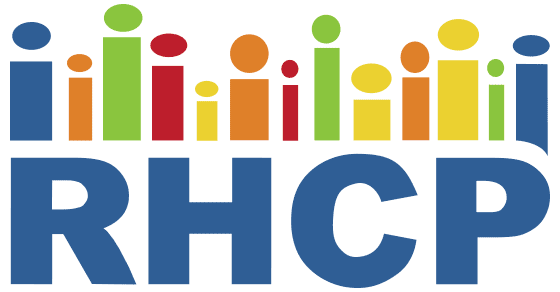Lessons Learned from Community-Led Recruitment of Immigrants and Refugee Participants for a Randomized, Community–Based Participatory Research Study
Journal of Immigrant and Minority Health Mar 2016
RHCP successfully recruited 45 Hispanic, Somali, and Sudanese immigrant and refugee families—totaling 160 individuals—for a randomized trial evaluating a culturally tailored physical activity and nutrition intervention. Recruitment was entirely community-led, with local partners designing messages, identifying effective communication strategies, and facilitating outreach. Pretesting revealed that verbal explanations and multiple contacts were more effective than written materials. Language-congruent staff and culturally sensitive approaches, such as oral consent and community-based enrollment events with interpreters, transportation, and childcare, were essential to building trust and ensuring participation.
Key lessons included the importance of engaging community partners throughout the research process, tailoring recruitment strategies to each cultural group, and maintaining frequent, personalized contact with potential participants. Somali families, in particular, required more in-person interactions and community validation before enrolling. The study achieved 97.7% of its family recruitment goal and 94.4% of its individual target, with strong retention and intervention completion rates. These findings underscore the effectiveness of CBPR in overcoming barriers to clinical trial participation among immigrant and refugee populations and offer a replicable model for inclusive, community-driven research.
